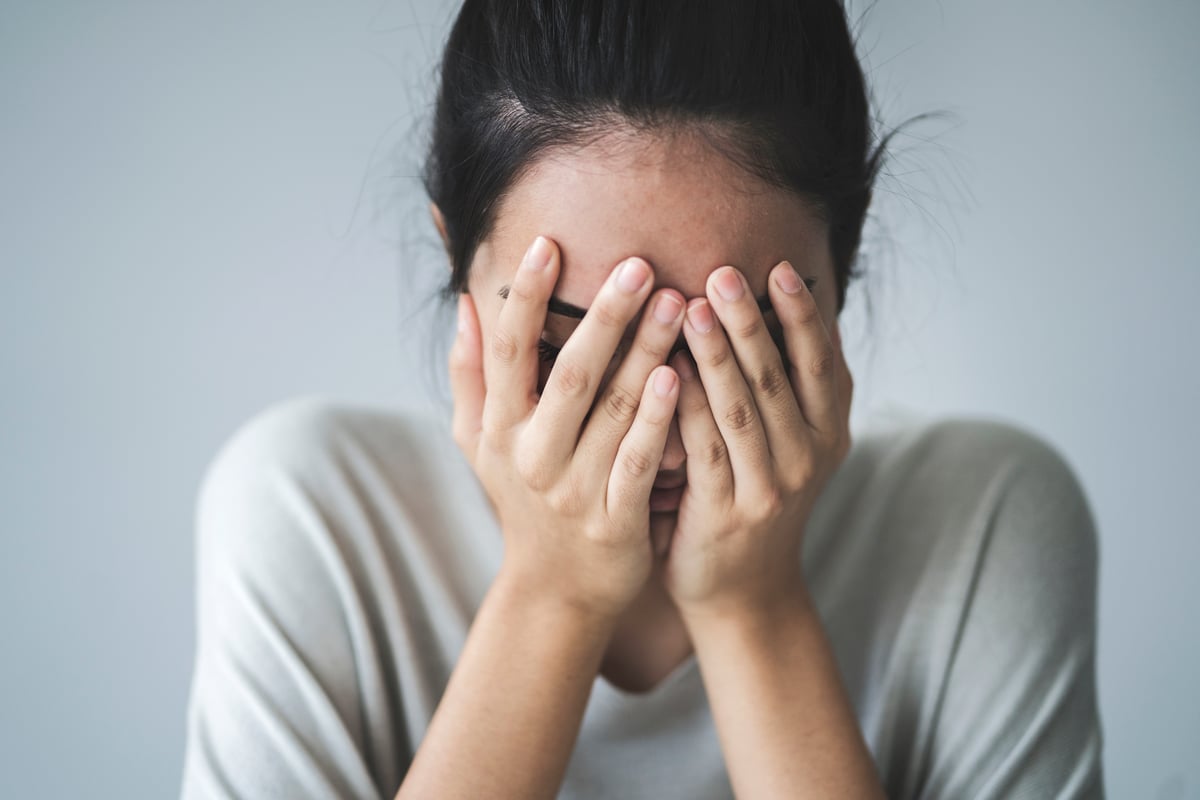
At a time when people are navigating the complexities of daily life under increasingly difficult circumstances, the concept of self-care almost feels like a buzzword in 2024. While inflation is rising, rental prices are soaring and the cost of living continues to increase, it makes sense that our mental wellbeing is often put on the back burner.
After all, who has time to worry about being worried when they're so bloody... worried?
Enter, the unassuming hero bringing back some semblance of a balance in our lives: mental health days.
Watch: Children's mental health. Post continues after video.
With more than 42 per cent of people aged 16-85 in Australia experiencing a mental disorder at some point in their life, mental health days are likely to become more common in various workplaces. But it's also children who are affected, with many parents now giving them a pass to skip school for a day when things are rough.
In fact, in the US, eight states have passed legislation specifically allowing children to have days off school for mental health needs.
But while some argue that the act of taking a day off from work, school or other responsibilities is an essential key to maintaining overall wellness, others consider it a luxury. And then there are those who believe mental health days shouldn't exist at all.

